Directory
- Share
Alberto Borges
- Alumni
- Kenya
- 2022 MPhil Conservation Leadership
- Wolfson College
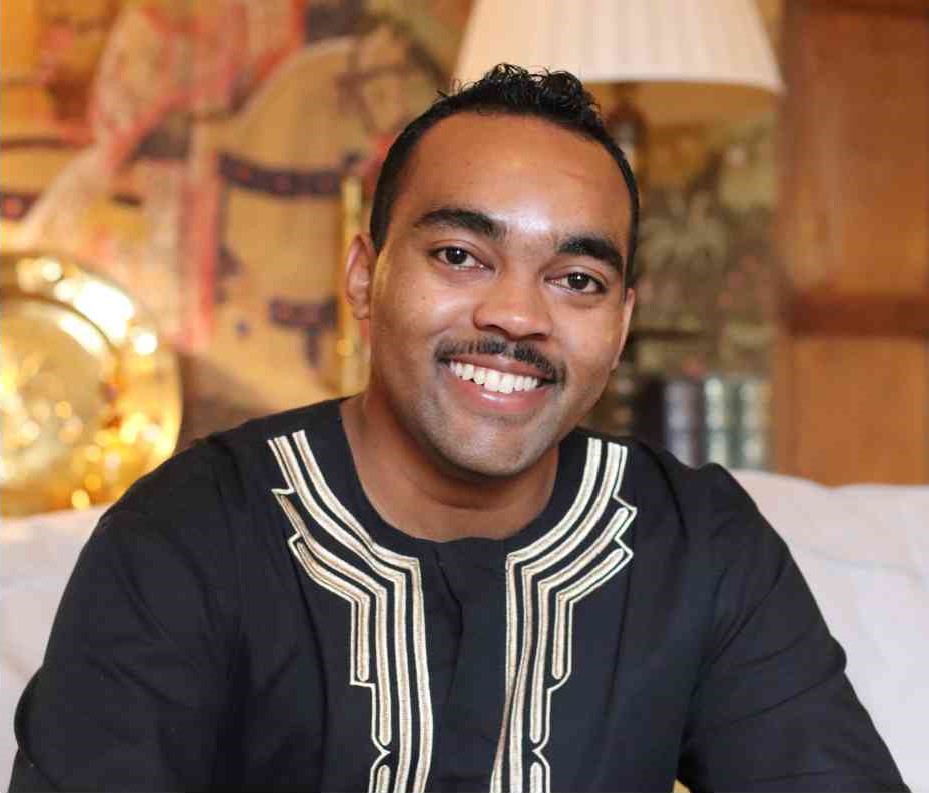
Alberto Borges
- Alumni
- Kenya
- 2022 MPhil Conservation Leadership
- Wolfson College
I believe in a future where youngsters are the champions of extraordinary change in conserving landscapes, wildlife, and human livelihoods. My late father would take my mother, siblings, and me on adventures in nature during my childhood years. These curiosity-filled escapades led to the incidental discovery of a camel spider unknown to science at age 17. At that moment, I realized my career would involve wildlife conservation and the promotion of sustainable human livelihoods. My passion landed me a full scholarship to Catawba College for my Environmental and Sustainability undergrad studies. I secured several National Geographic, Woodspring Trust, and St. Luke's Episcopal Foundation grants to conduct impactful conservation projects in Marsabit and Athi River, Kenya. Earning the prestigious Gates Cambridge Scholarship will empower me to pursue the MPhil in Conservation Leadership at Cambridge. My ultimate goal is to set up a Wilderness Conservation Centre in northern Kenya. To explore, research, and conserve its unique ecosystems through context-specific community-oriented programs. It will serve as a vital springboard for youth to learn and launch sustainable ventures, thus improving human lives and the natural world.
Previous Education
Catawba College Environment and Sustainability 2021
Rachel Bortnick
- Alumni
- United States
- 2001 MPhil Biological Science
- King's College

Rachel Bortnick
- Alumni
- United States
- 2001 MPhil Biological Science
- King's College
Previous Education
University of Chicago BA Biological Sciences/Philosophy 2001
Floris Bosscher
- Scholar
- Netherlands
- 2025 PhD Divinity
- Wolfson College
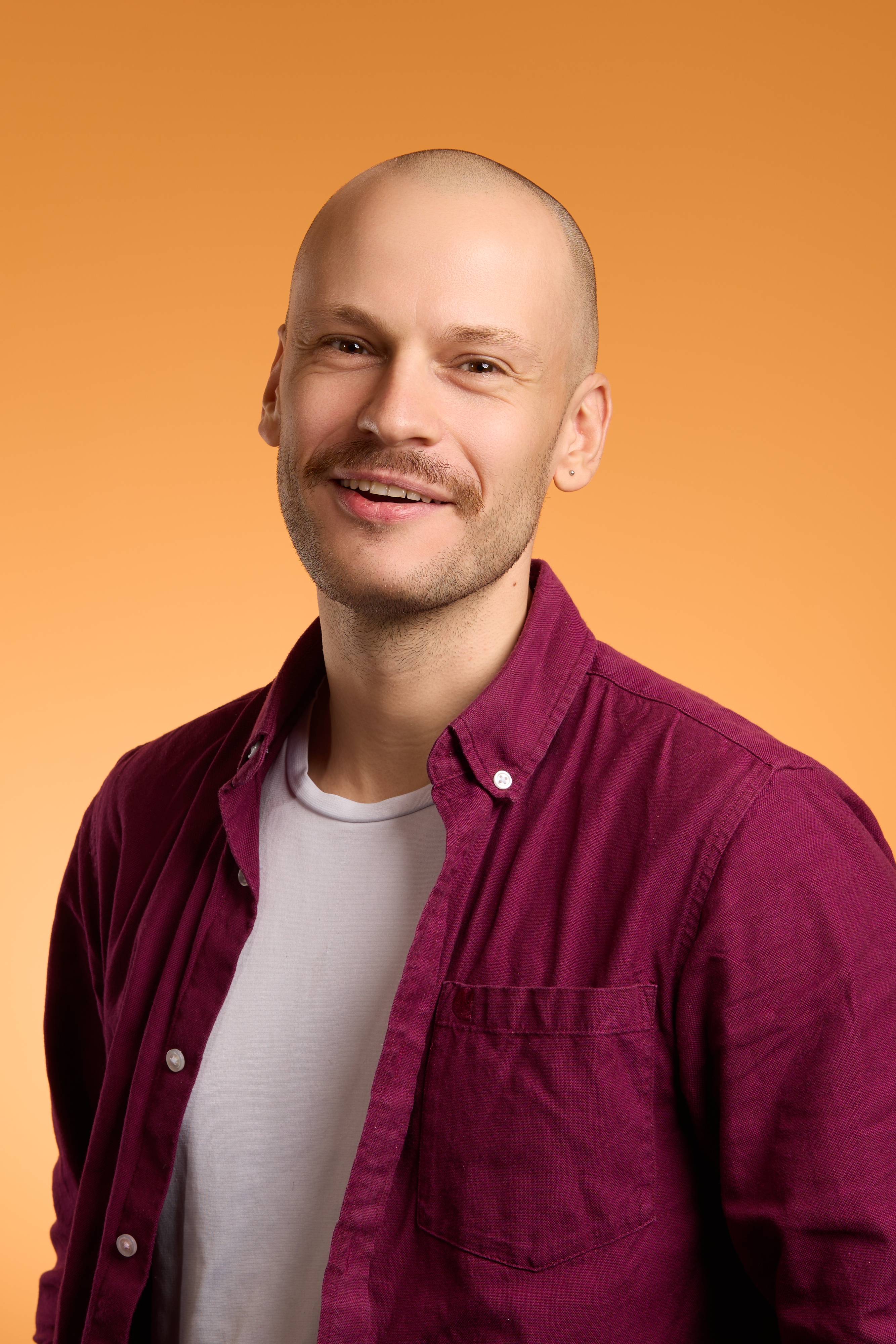
Floris Bosscher
- Scholar
- Netherlands
- 2025 PhD Divinity
- Wolfson College
During my bachelor’s in religion at Utrecht University, I have learned to appreciate the unwavering relevance of religion. This included an awareness of the manifold, evocative and sometimes surprising expressions of religious identity in a post-secular Europe. The role of religion in European, specifically Dutch, street culture and its expression in hip-hop is a prime example hereof. Helped by the democratization of digital culture, ethno-religious minorities use such music as a voice to reflect on their marginalised experiences on the ‘streets’, which includes but can by no means be reduced to petty crime. Yet, despite becoming a dominant force within European popular culture, this voice has often been distorted, misheard, or ignored, especially its religious dimensions. Instead, politicians and media outlets portray street culture as superficial and as a mere breeding ground for the growing European drug trade. Building on my MPhil research, I seek to challenge this one-dimensional view by focusing on the complex moral lives of street cultural agents as informed by their religious sensibilities. With my experience in journalism, policy, and political analysis, I am deeply committed to translating this to wider society. I am humbled by this opportunity and beyond grateful to the Gates Cambridge Trust. I hope to honour their trust to the best of my abilities.
Previous Education
London School of Economics & Political Science (Un Culture and Conflict
University of Cambridge Theology
Matko Botincan
- Alumni
- Croatia
- 2009 PhD Computer Science
- Trinity College

Matko Botincan
- Alumni
- Croatia
- 2009 PhD Computer Science
- Trinity College
I come from Croatia where I finished my previous degrees in Mathematics. So far I have worked on a number of computer science projects in academia and industry dealing with different topics such as combinatorial optimization, numerical simulations, compiler construction, security and semantic web. As a PhD student at Computer Laboratory I am working in the area of software verification trying to find new and improve current techniques for checking correctness of software. I am also actively involved in entrepreneurial activities and am serving as Vice-President for 2010/11 of Cambridge University Entrepreneurs.
Julien Bourdeau
- Alumni
- France
- 2004 MPhil Technology Policy
- Queens' College
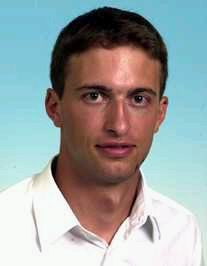
Julien Bourdeau
- Alumni
- France
- 2004 MPhil Technology Policy
- Queens' College
The effective transfer of Scientific innovations from research to industry is critical for enhancing human expertise and long-term economic growth. With this Mphil I intend to refine my understanding of the strategic control of technology for enhanced business performance and the public interest. Cambridge is such a wonderful place and an amazing platform for an exchange of ideas. I hope my fellow scholars and I will have a great time experiencing its life and getting to know each other.
Theodora Bowering
- Scholar
- Australia
- 2015 PhD Architecture
- Newnham College
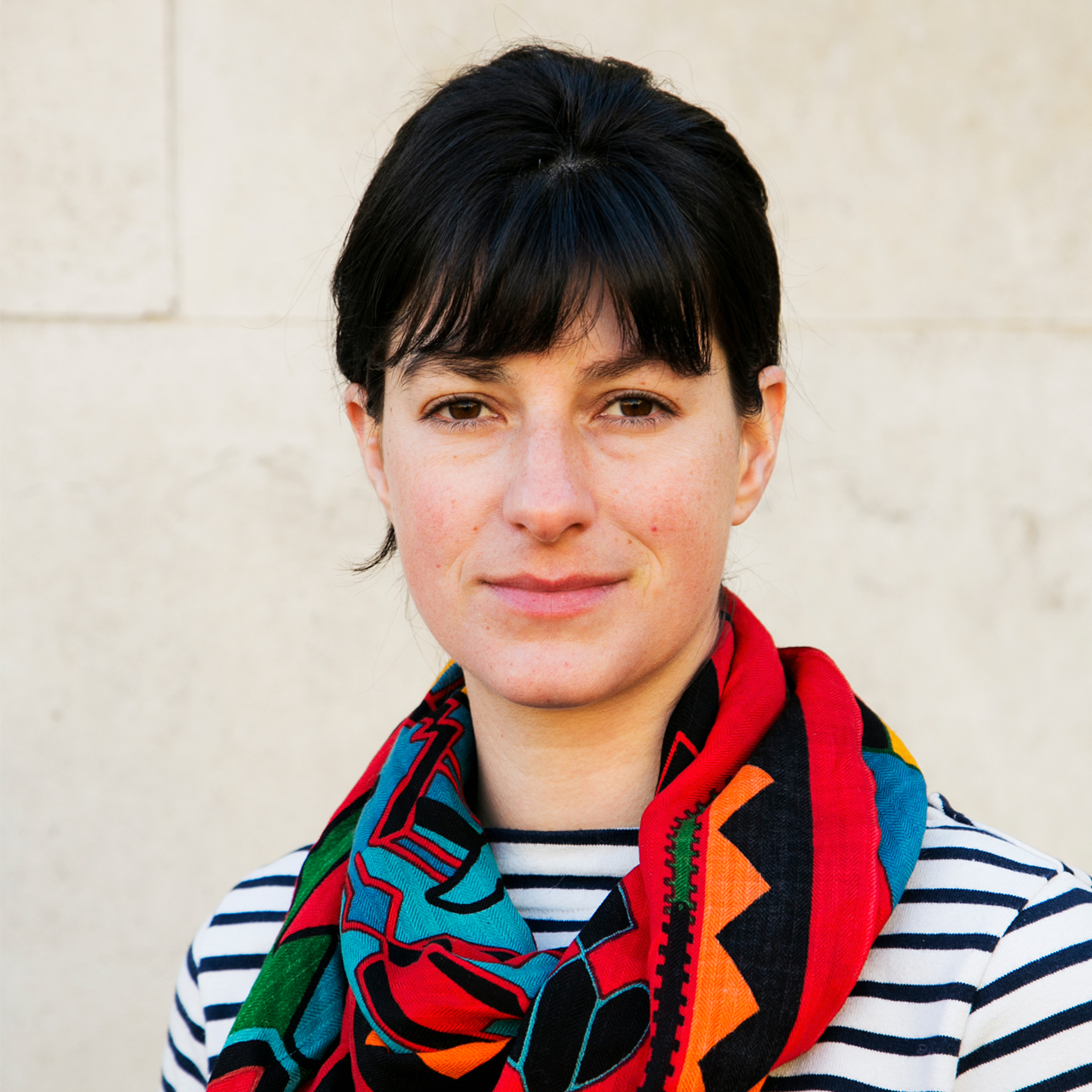
Theodora Bowering
- Scholar
- Australia
- 2015 PhD Architecture
- Newnham College
Theodora Bowering is an architect, Gates Scholar and PhD Candidate in the Centre for Urban Conflict Research (UCR) at the Department of Architecture. Her doctoral research, ‘Ageing and the city: urban resilience and sociospatial marginalisation of older people in East London’, investigates everyday experiences of ageing within the civic spaces of cities, looking specifically at the London Borough of Newham.
In 2017–18 Theodora convened the CRASSH seminar series, ‘Ageing and the city: everyday experiences of older people in urban environments’, in collaboration with the Institute for Public Health and Department of Land Economy (www.crassh.cam.ac.uk/programmes/ageing-and-the-city-everyday-experiences-of-older-people-in-urban-environme). She was also a participant in the University of Cambridge ThinkLab project, in collaboration with the RSA, investigating the challenges of housing in the UK. Theodora was the recipient of the 2017 Future Cities PhD Fellowship from the Department of Land Economy and co-editor of the twenty-sixth issue of Scroope, The Cambridge Architecture Journal, on the theme of 'apologia'. She also supervises the BA Tripos (ARB/RIBA Part I) course The Architecture of Housing and BA dissertations, as well as acting as a critic for BA, MAUD and MAUS presentations. Theodora co-convened the UCR’s PhD and Early-Career Workshop ‘Doing Architectural Research: Socio-political Perspectives on Theories, Methodologies and Praxis’ in Cambridge in June 2017. Additionally, she has run Petite Pecha Kucha events for graduate students within the department.
Before beginning her PhD, Theodora completed the Masters in Architecture and Urban Studies in the Department of Architecture at Cambridge. Theodora’s professional architectural education was at the University of Sydney, where she gained a Bachelor of Architecture (Hons I) and Bachelor of Science (Architecture). She has also been a registered architect in NSW, Australia (RAIA) since 2013.
Theodora has worked for over six years in architectural practice, in Sydney (Richard Leplastrier Architect and Tonkin Zulaikha Greer Architects) and London (Skene Catling de la Peña Architects), on residential, heritage and public buildings, from concept and detail design through to contract administration and office management. Additionally, she has four years’ design and communications studio tutoring and lecturing experience in the Department of Architecture at the University of Sydney. Theodora has also been a volunteer and continuing instructor for the Taoist Tai Chi Society (www.taoist.org) for over fifteen years, and leads a weekly class at Newnham College.
Previous Education
University of Sydney
University of Cambridge
Chris Boyce
- Alumni
- United States
- 2011 PhD Chemical Engineering
- Trinity College

Chris Boyce
- Alumni
- United States
- 2011 PhD Chemical Engineering
- Trinity College
Since high school I have been very interested in engineering new energy technologies to help mitigate carbon emissions. Now I am imaging and modeling fundamental aspects of fluidized beds to better enable combustion cycles with carbon capture and sequestration. I am also interested in engaging in entrepreneurship and advising on policy in order to enable ideas in the lab to impact the energy landscape. In the coming years, I seek to conduct research and educate students in a way that leads to material change as an assistant professor of chemical engineering and member of the Lenfest Center for Sustainable Energy at Columbia University.
Rachel Boyd
- Alumni
- United States
- 2009 MPhil History of Art and Architecture
- Sidney Sussex College
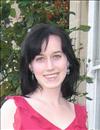
Rachel Boyd
- Alumni
- United States
- 2009 MPhil History of Art and Architecture
- Sidney Sussex College
My childhood experience living in Rome was instrumental in the formation of my academic passions: art history and Italian. At Cambridge, I am pursuing both of these subjects in my study of neo-Classical art and architecture. I focus on this period because I am fascinated by the ways in which 18th- and 19th-century travelers to Italy reinterpreted ancient Rome's artistic vocabulary in their own works. I also study how these foreign visions, in turn, shaped contemporary Italian artistic practice.
Dorien Braam
- Alumni
- Netherlands
- 2018 PhD Veterinary Medicine
- St John's College
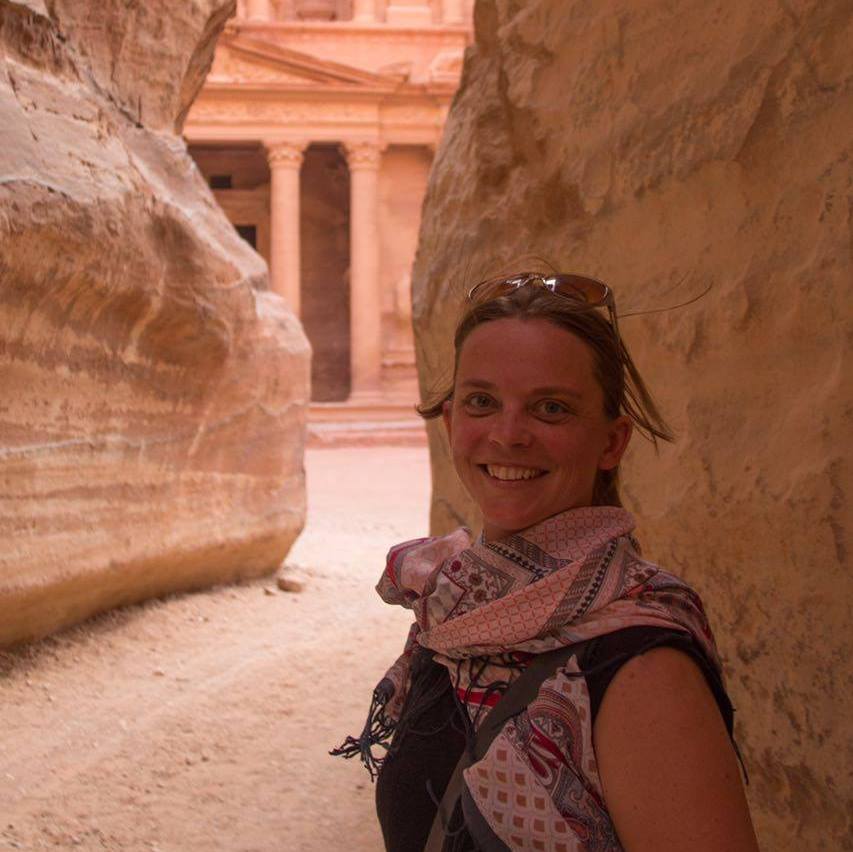
Dorien Braam
- Alumni
- Netherlands
- 2018 PhD Veterinary Medicine
- St John's College
Having worked in a variety of roles across Asia and eastern Africa with the UN, INGO's and government focusing on disaster displacement, human rights and shelter, I returned to academia via a MSc in International Animal Health at the University of Edinburgh. My thesis research on ‘Animal health programming in humanitarian and development assistance in Somalia’ showed the gaps and need for high quality research and critical assessment to improve the evidence base for policy and program development. For my PhD in Veterinary Medicine I will study the prevalence of zoonoses - diseases transmitted between animals and humans - in displaced populations, addressing some of the most pressing global challenges of the next decade: climate change, displacement and emerging infectious diseases. Disease transmission between wildlife and livestock, the increased risk of zoonoses in areas where people and animals with weakened immune systems live closely together, and the emergence of infectious diseases among naive host communities are areas that need to be increasingly researched. Gaining a better understanding of disease prevalence and dynamics, control and prevention will improve the well-being of both humans and animals, with the aim to influence and improve institutional responses. I am incredibly honored that I can pursue this important field of study at the University of Cambridge with the support of the Gates Scholarship, and look forward to becoming a part of the community.
Previous Education
Technische Universiteit Delft
The University of Edinburgh
Laura Bradford
- Alumni
- United States
- 2003 MPhil Medieval and Renaissance Literature
- Peterhouse

Laura Bradford
- Alumni
- United States
- 2003 MPhil Medieval and Renaissance Literature
- Peterhouse
Ryan Brandau
- Alumni
- United States
- 2003 MPhil Musicology
- Jesus College

Ryan Brandau
- Alumni
- United States
- 2003 MPhil Musicology
- Jesus College
Janine Brandes
- Alumni
- Germany
- 2019 PhD Clinical Neurosciences
- St Edmund's College
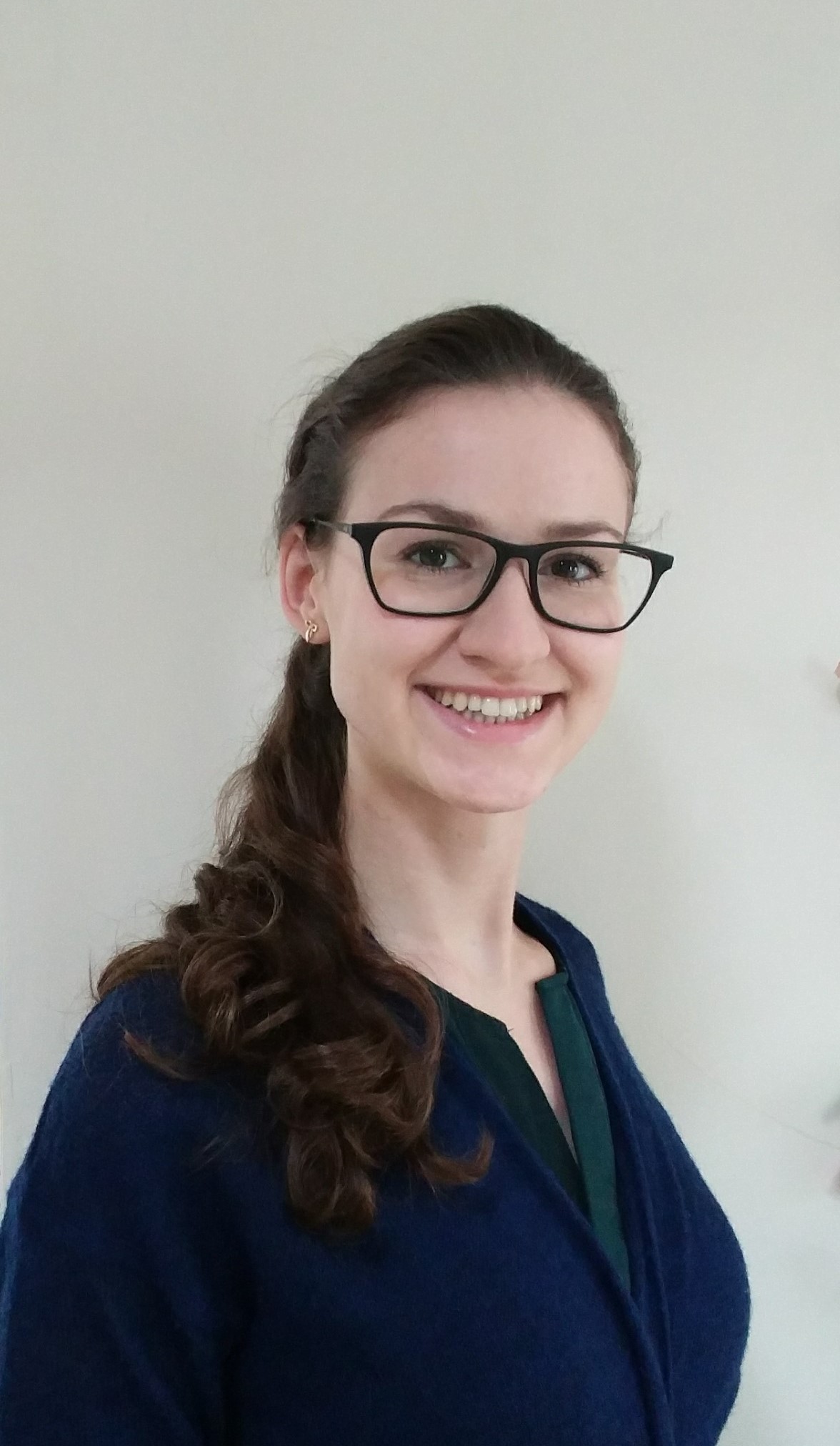
Janine Brandes
- Alumni
- Germany
- 2019 PhD Clinical Neurosciences
- St Edmund's College
With the average life expectancy increasing worldwide, the prevalence of neurodegenerative disorders such as Parkinson’s disease is predicted to double within the next generation. Despite this rising challenge to public health and numerous clinical trials, there is still no cure for this debilitating disease, highlighting the need for better preclinical models and increased translational research. This motivated me to join efforts unravelling the underlying molecular mechanisms of Parkinson’s during my Master’s thesis in Molecular Medicine at the University of Tübingen. To enable my research to bridge the gap from bench to bedside, I subsequently collaborated with AstraZeneca as a research assistant at the University of Oxford where I established a drug screening pipeline on patient derived cells and succeeded in identifying new drug candidates. For my PhD in Clinical Neurosciences at the University of Cambridge, I will employ a cellular 3D model of Parkinson’s disease involving human neurons and glia to continue deciphering the mechanisms driving disease in patient brains. I hope that using this clinically relevant disease model will facilitate the translation of preclinical studies into patient treatment. I am deeply honoured to have been selected for a Gates Cambridge scholarship and am looking forward to joining a community of scholars who aspire to use their academic abilities to improve the lives of others.
Previous Education
Eberhard-Karls-Universitat Tubingen Molecular Medicine 2019
Eberhard-Karls-Universitat Tubingen Molecular Medicine 2016
University of Michigan Psychology, Neuroscience 2015
Jochen Brandt
- Alumni
- Germany
- 2007 PhD Chemistry
- St John's College
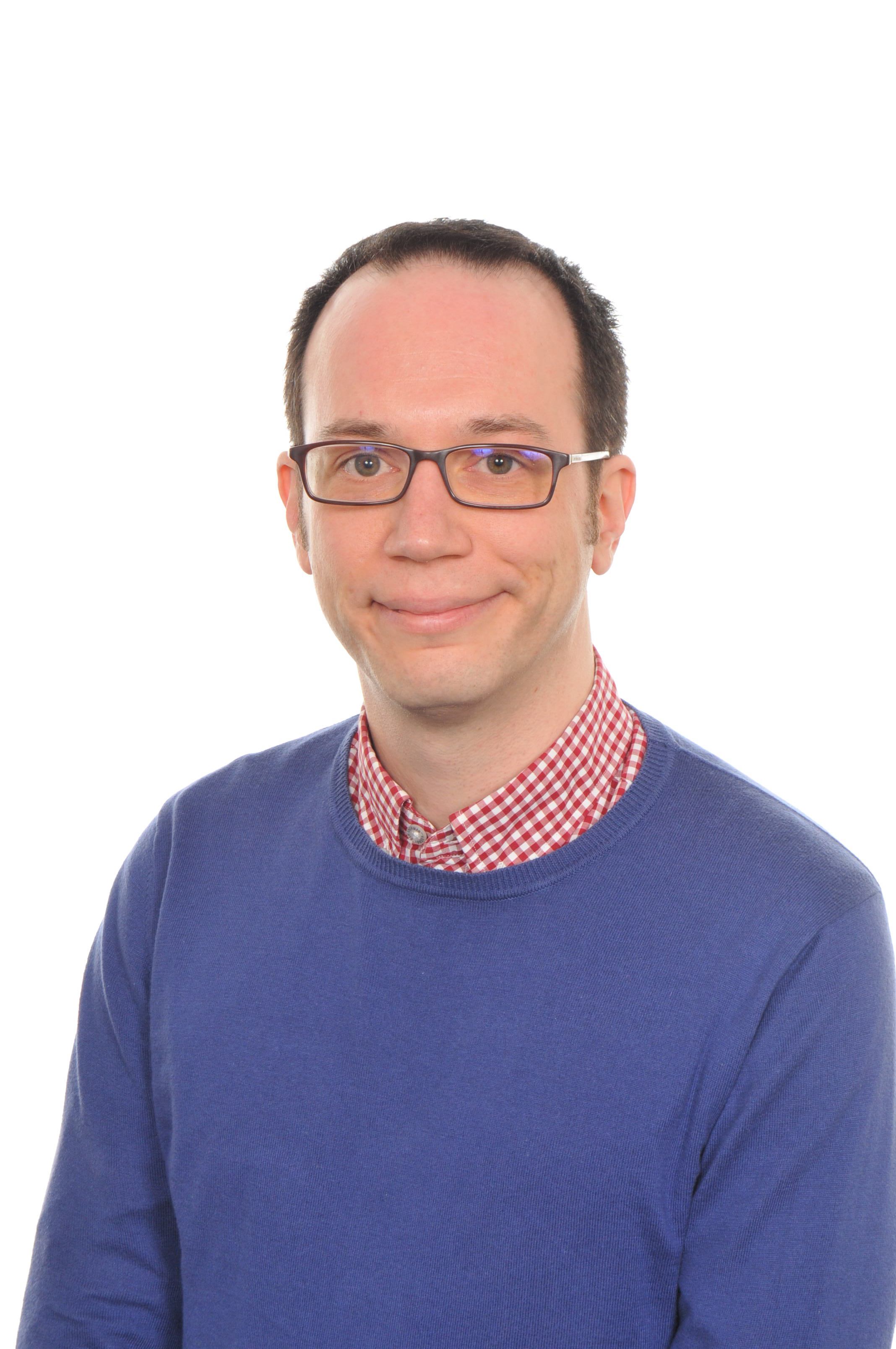
Jochen Brandt
- Alumni
- Germany
- 2007 PhD Chemistry
- St John's College
As a 2020 Royal Society University Research Fellow, I will use paramagnetic helicenes and helicene-transition metal complexes to investigate the Chiral Induced Spin Selectivity (CISS) mechanism. CISS has been implicated in diverse research areas such as spintronics, electron transfer in proteins, or more efficient water splitting but remains poorly understood.
Previous Education
Freie-Universität Berlin
Links
Kate Brandt
- Alumni
- United States
- 2007 MPhil International Relations
- Selwyn College
Kate Brandt
- Alumni
- United States
- 2007 MPhil International Relations
- Selwyn College
I graduated in May 2007 from Brown University with a concentration in international relations at Brown's Watson Institute for International Studies. At Watson, I focused on global security and wrote an honors thesis on the role of history and memory in Sino-Japanese security relations. I also worked as a research assistant for Brown's political science department. At Brown I was active in University affairs. I was the president and founder of the Roosevelt Institution at Brown. I served as undergraduate representative to the Brown Board of Trustees and student government. Beyond Brown, I interned at the Clinton Foundation HIV/AIDS Initiative, the World Affairs Council and the United States Trade Representative (USTR). I have also studied language in Florence and Beijing. At Cambridge I will be enrolled in the MPhil program in international relations where I intend to research Chinese political, military and trade involvement with Latin America.
Michal Branicki
- Alumni
- Poland
- 2001 PhD Mathematics
- Trinity College

Michal Branicki
- Alumni
- Poland
- 2001 PhD Mathematics
- Trinity College
Marvin Braun
- Alumni
- Canada
- 2002 PhD Zoology
- Sidney Sussex College

Marvin Braun
- Alumni
- Canada
- 2002 PhD Zoology
- Sidney Sussex College
Diego Bravo
- Alumni
- Argentina
- 2010 PhD Physiology, Development & Neuroscience
- St John's College
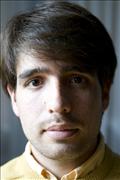
Diego Bravo
- Alumni
- Argentina
- 2010 PhD Physiology, Development & Neuroscience
- St John's College
One of the most promising models of synaptic plasticity shows that it depends on the precise timing of neuronal activation. These learning - related events are embedded on structures generating sustained oscillatory activity. The temporal and spatial interplay of both processes generates a rich and complex dynamics with fascinating emergent properties. Beyond its aesthetic charms, these phenomena are fundamental and ubiquitous in the developing and functioning brain. I plan to devote my next three years to a combined approach to the topic, alternating theoretical and experimental techniques: mathematical models and computational simulations from my original background in theoretical physics, and electrophysiology and optogenetics from my newly acquired skills in physiology.
Simon Breakspear
- Alumni
- Australia
- 2009 PhD Education
- Queens' College

Simon Breakspear
- Alumni
- Australia
- 2009 PhD Education
- Queens' College
I want to re-imagine and redesign organised learning as we know it (i.e. education systems). I am increasingly passionate about working with school and system leaders to challenge the status quo, inspire fresh thinking and leverage new solutions in order to radically improve learning. My PhD research focuses on the role international comparisons of school system performance can play for policy makers who are seeking to improve their country's performance. I have spent 3 months at the OECD in Paris as part of the PISA team and am now interviewing policy makers across five countries. I am also leading a network of emerging educational leaders across Australia and New Zealand who are seeking to develop innovative solutions to local learning challenges.








